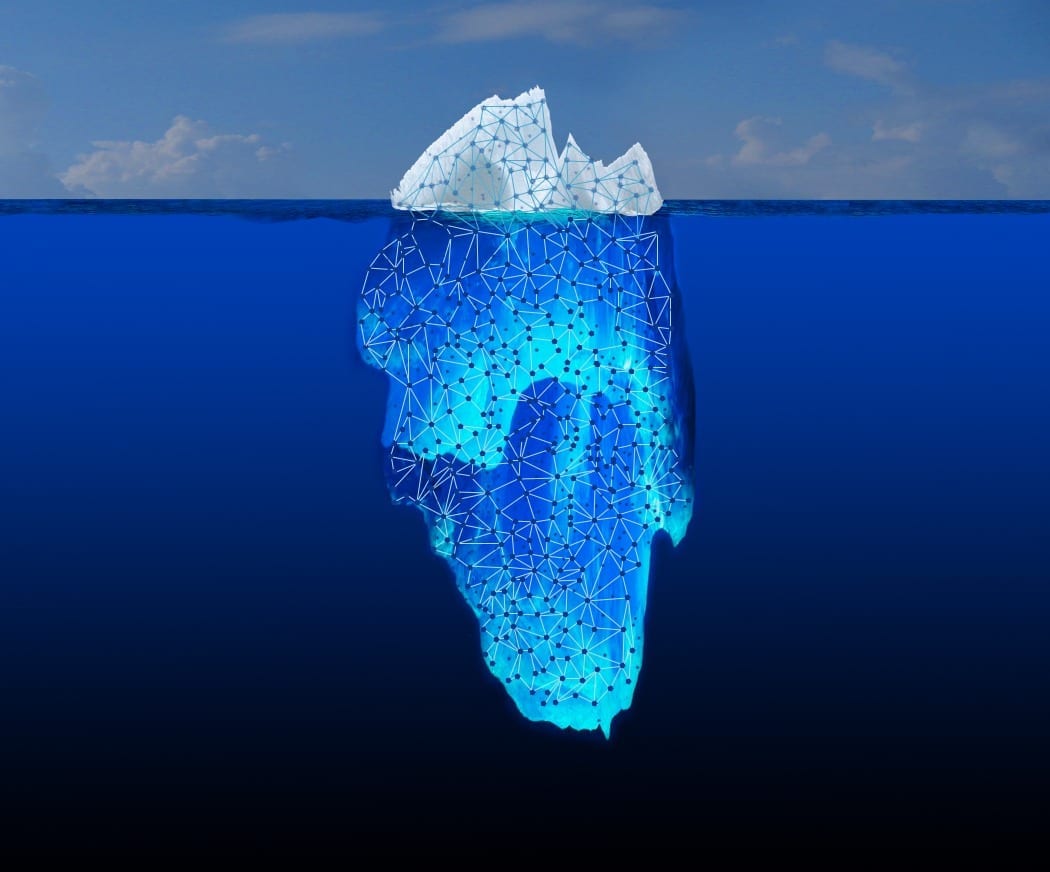
When you do a simple Web search on a topic, the results that pop up aren’t the whole story. The Internet contains a vast trove of information — sometimes called the “Deep Web” — that isn’t indexed by search engines: information that would be useful for tracking criminals, terrorist activities, sex trafficking and the spread of diseases. Scientists could also use it to search for images and data from spacecraft.
The Defense Advanced Research Projects Agency (DARPA) has been developing tools as part of its Memex program that access and catalog this mysterious online world. Researchers at NASA’s Jet Propulsion Laboratory in Pasadena, California, have joined the Memex effort to harness the benefits of deep Web searching for science. Memex could, for example, help catalog the vast amounts of data NASA spacecraft deliver on a daily basis.
“We’re developing next-generation search technologies that understand people, places, things and the connections between them,” said Chris Mattmann, principal investigator for JPL’s work on Memex.
Memex checks not just standard text-based content online but also images, videos, pop-up ads, forms, scripts and other ways information is stored to look at how they are interrelated.
“We’re augmenting Web crawlers to behave like browsers — in other words, executing scripts and reading ads in ways that you would when you usually go online. This information is normally not catalogued by search engines,” Mattmann said.
Additionally, a standard Web search doesn’t get much information from images and videos, but Memex can recognize what’s in this content and pair it with searches on the same subjects. The search tool could identify the same object across many frames of a video or even different videos.
The video and image search capabilities of Memex could one day benefit space missions that take photos, videos and other kinds of imaging data with instruments such as spectrometers. Searching visual information about a particular planetary body could greatly facilitate the work of scientists in analyzing geological features. Scientists analyzing imaging data from Earth-based missions that monitor phenomena such as snowfall and soil moisture could similarly benefit.
Memex would also enhance the search for published scientific data, so that scientists can be better aware of what has been released and analyzed on their topics. The technology could be applied to large NASA data centers such as the Physical Oceanography Distributed Active Archive Center, which makes NASA’s ocean and climate data accessible and meaningful. Memex would make PDF documents more easily searchable and allow users to more easily arrive at the information they seek. Awareness of existing publications also helps program managers to assess the impact of spacecraft data.
All of the code written for Memex is open-source. JPL is one of 17 teams working on it as part of the DARPA initiative.
Read more: ‘Deep Web Search’ May Help Scientists
The Latest on: Deep Web
[google_news title=”” keyword=”Deep Web” num_posts=”10″ blurb_length=”0″ show_thumb=”left”]
via Google News
The Latest on: Deep Web
- DDT is a Deep-Sea Toxic Time Capsuleon May 8, 2024 at 1:49 pm
Between 1948 and 1961, barges laden with industrial waste, including high concentrations of once-ubiquitous agricultural insecticide, Dichlorodiphenyltrichloroethane (DDT), were indiscriminately ...
- How to protect your money from the dark webon May 8, 2024 at 9:38 am
The dark web has become a hotspot for credit card fraud and other financial crimes. Here’s how you can protect your private details and stay safe ...
- DDT Making Way Into Deep-Sea Food Web, Alarming Researcherson May 6, 2024 at 10:27 pm
“Regardless of the source, this is evidence that DDT compounds are making their way into the deep ocean food web,” said Margaret Stack, an environmental chemist at SDSU and the study’s lead author.
- 'Nothing is untouched': DDT found in deep-sea fish raises troubling concerns for food webon May 6, 2024 at 8:00 am
Scientists have found DDT in zooplankton and deep-sea fish off the coast of L.A., indicating the toxic chemical might be infiltrating the base of the food web.
- DDT pollutants found in deep sea fish off LA coast raise questions about the pesticide's continuing threat to wildlifeon May 6, 2024 at 8:00 am
In the 1940s and 1950s, the ocean off the coast of Los Angeles was a dumping ground for the nation's largest manufacturer of the pesticide DDT—a chemical now known to harm humans and wildlife. Due to ...
- What Is the Dark Web?on April 16, 2024 at 5:01 pm
Dark Web vs. Deep Web The dark web and the deep web are also often erroneously used interchangeably. The dark web is one part of the deep web, also called the invisible web or the hidden web.
- The Deep Web: Murdershowon October 8, 2023 at 3:57 am
Dan Zachary A podcaster's search for clues into his sisters death lands him on the deep web where uncovers THE MURDERSHOW, a site where the highest crypto bidder selects how the victim will be killed.
- Deep Webon June 1, 2023 at 11:44 am
Jessy Dupont A gamer meets a girl on an online forum who introduces him to the deep web an underground network where anything is possible. The pair quickly finds themselves falling dangerously ...
- Advantages, Disadvantages and Risks of Deep Web Search Engineson July 21, 2018 at 9:21 pm
The Right Tools for the Job While Deep Web search engines like Infomine, CompletePlanet, Deep Dyve or TechXtra can locate hidden material, other tools may be needed to view it. Many Deep Web ...
via Bing News










